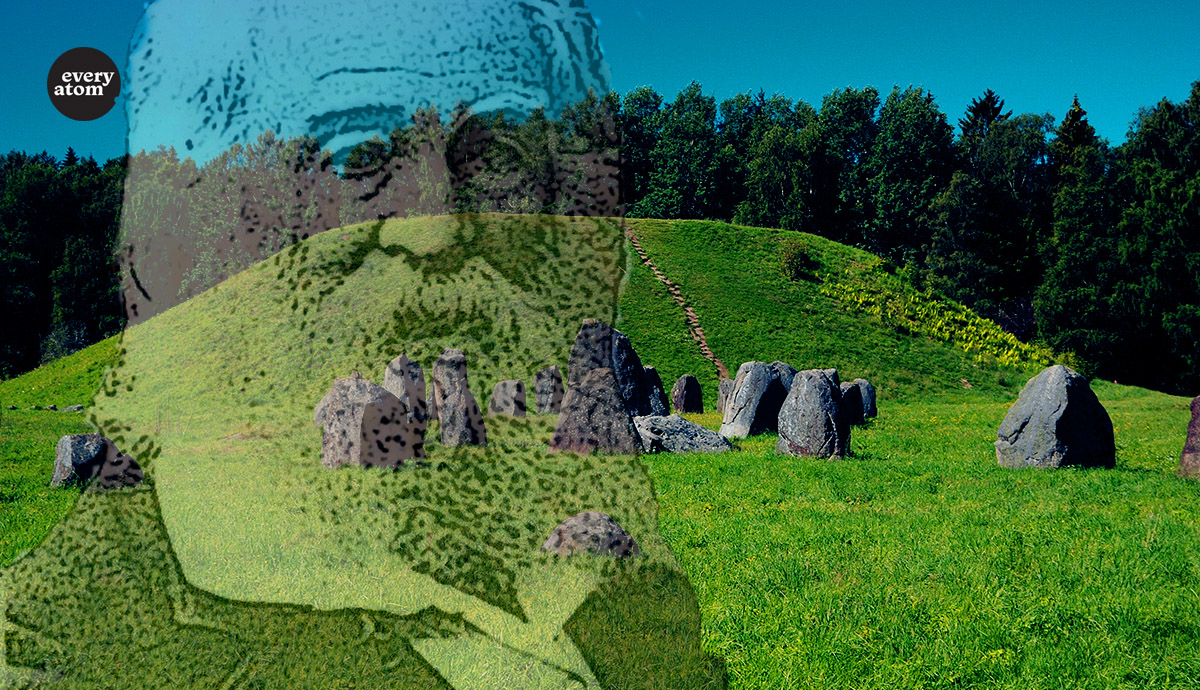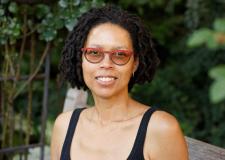Every Atom | No. 64
Introduction to Every Atom by project curator Brian Clements
The ending of what will come to be known, in later versions of the poem, as section 6 of “Song of Myself” has always been piercing for me. It’s hard to say that it would have the same force without the gorgeous series of metaphors for the grass that precede it. But as much as I love them and the imagination they display, I am even more moved by this articulation of . . . an idea . . . a feeling . . . a hope . . . that life is boundless, self-perpetuating, self-recycling. I love it because it does not require me to sign on to a specific religious creed, although it resonates with what some religions teach. I love it because it is not bound up in a notion of individual immortality—nor is it tied to a hierarchy that ranks human being as more valuable or important than grass being. And I love its insistence on the mystery and fortuity of death. In the ambivalences of that final phrase—it’s not “better” than we might have thought, but “luckier”—I find a kind of sublimity and power.
Recommended
Nor’easter
Post-Op Appointment With My Father
Cedar Valley Youth Poet Laureate | Fall 2024 Workshop







